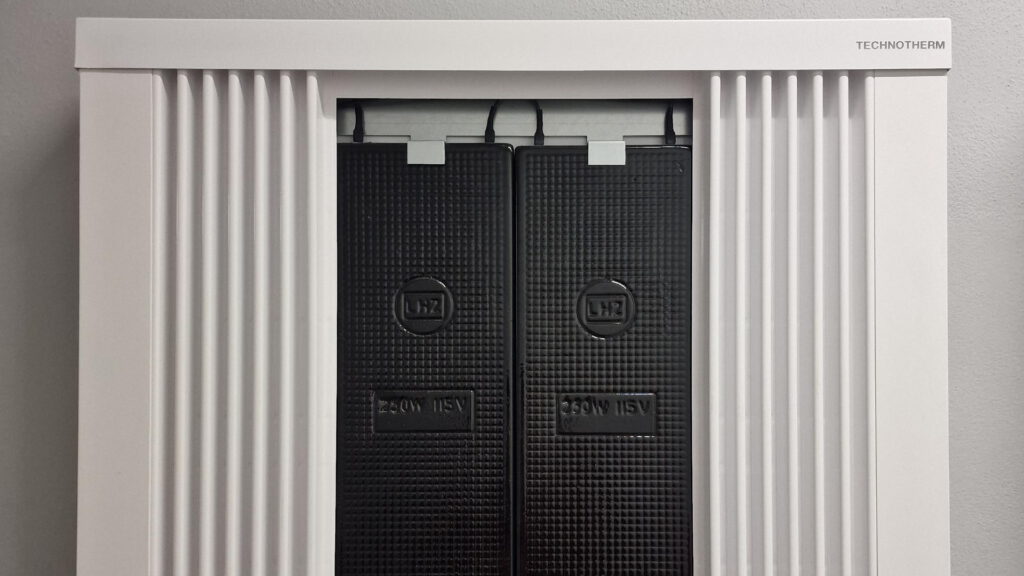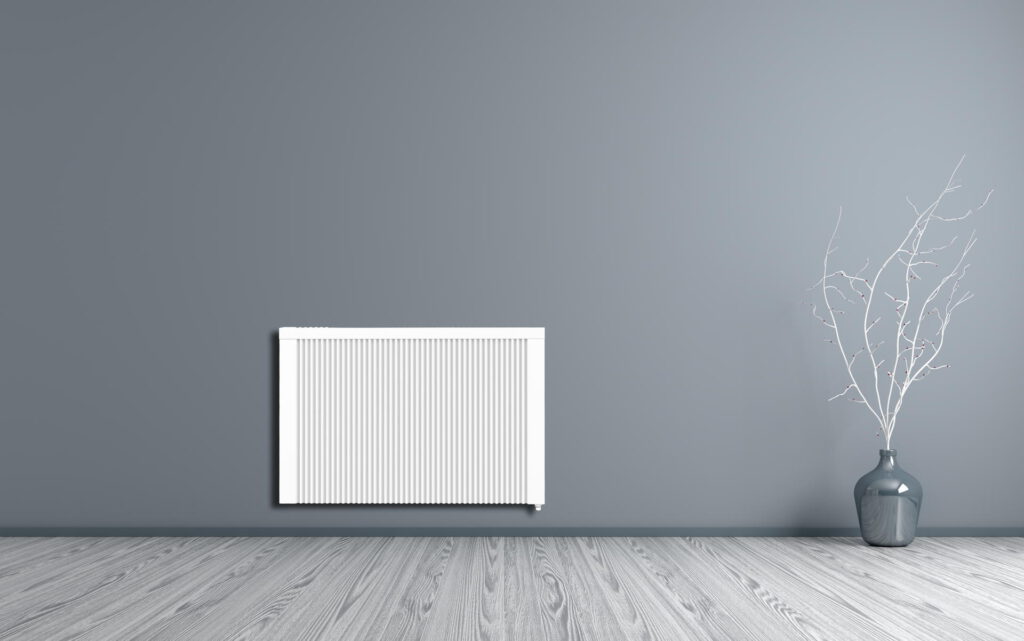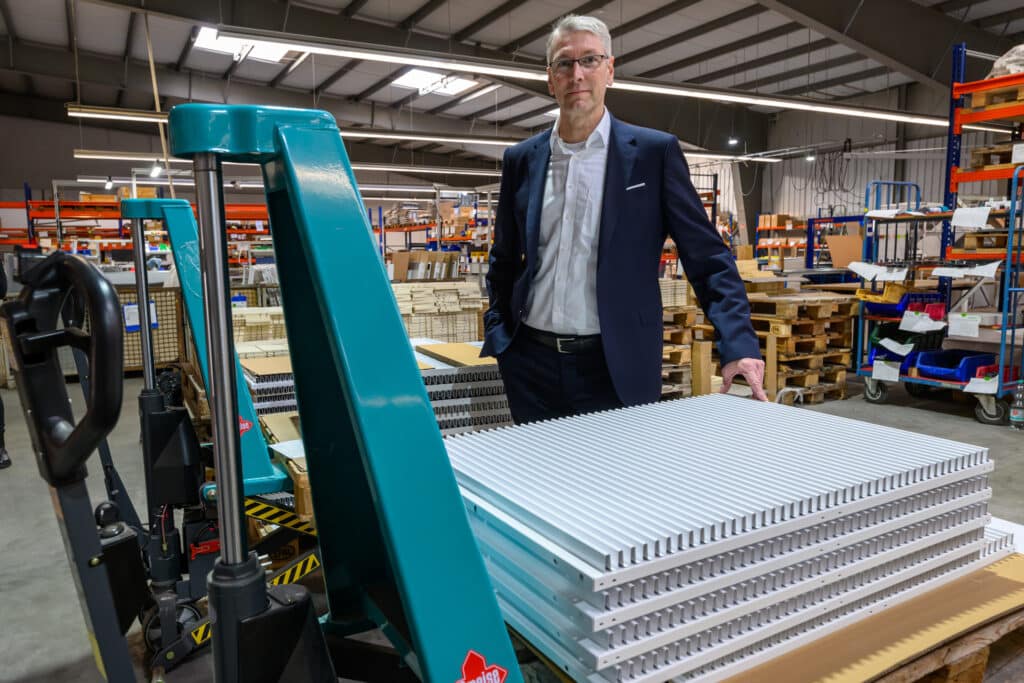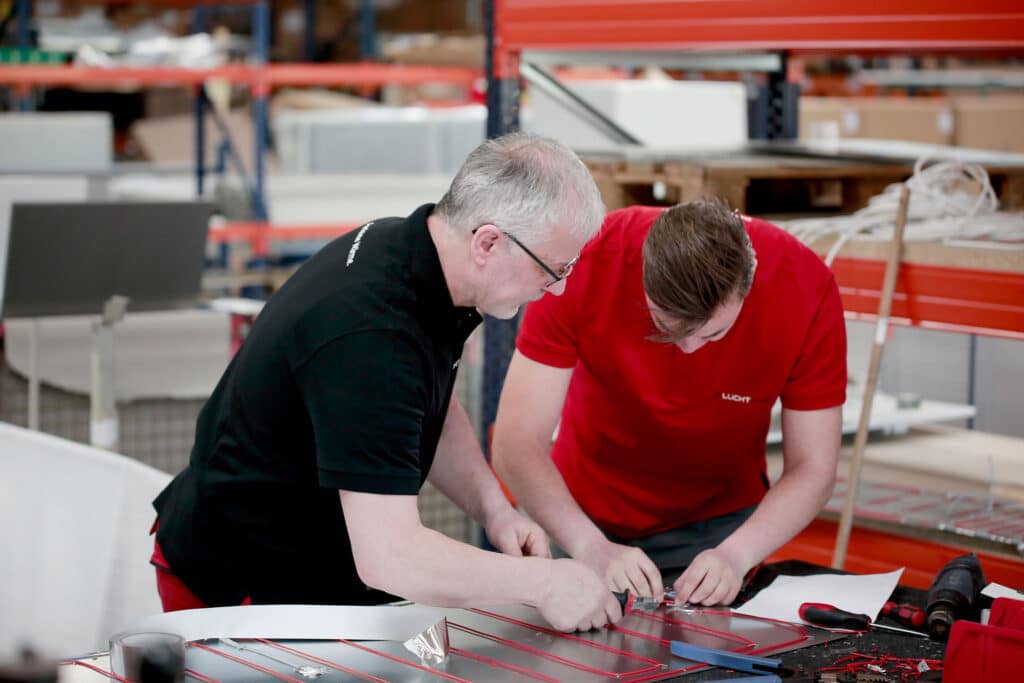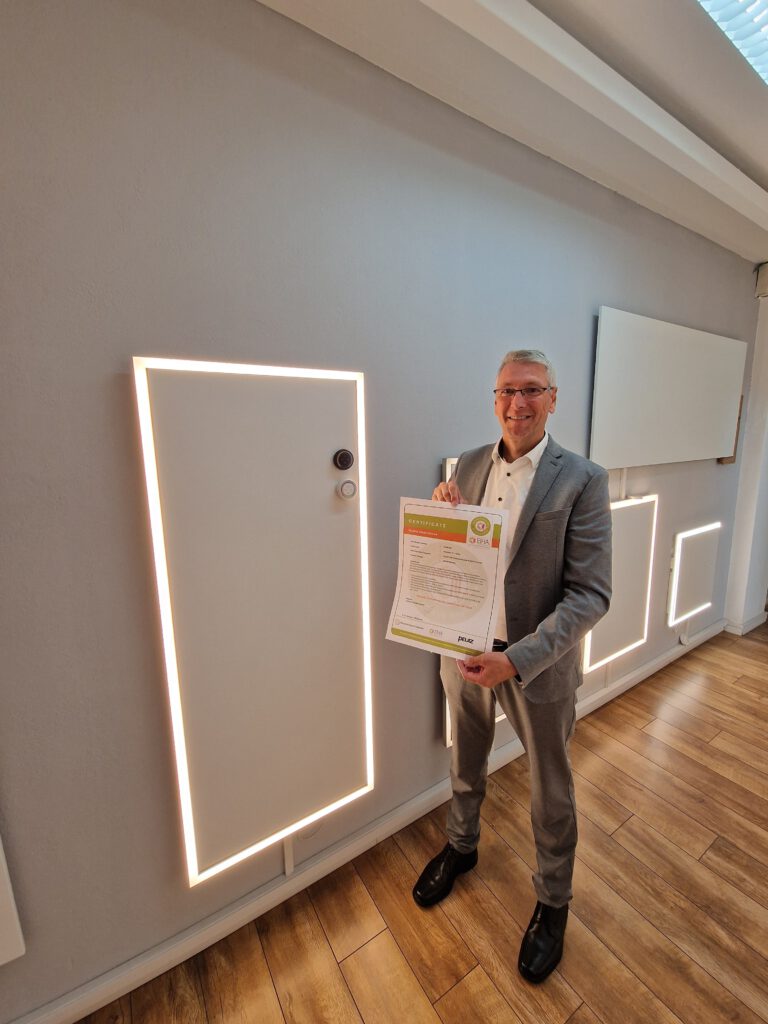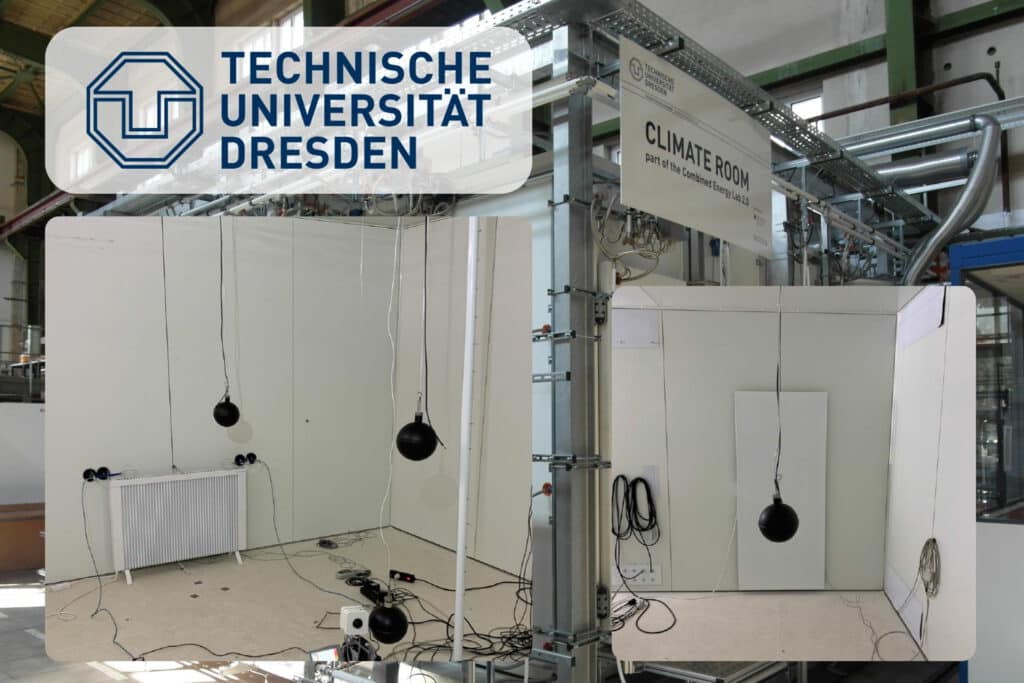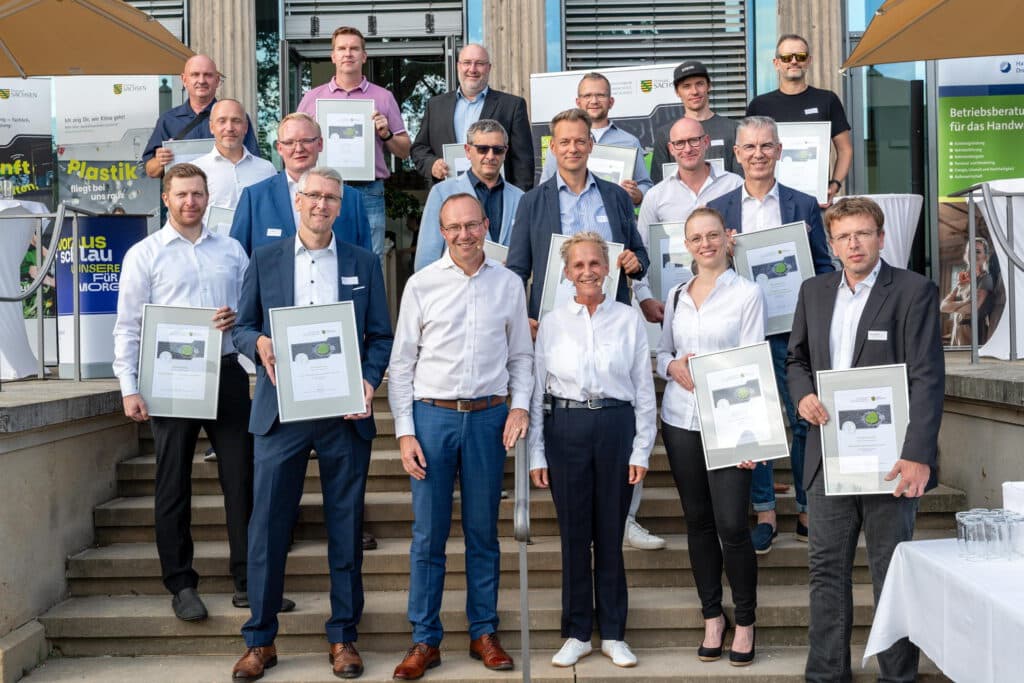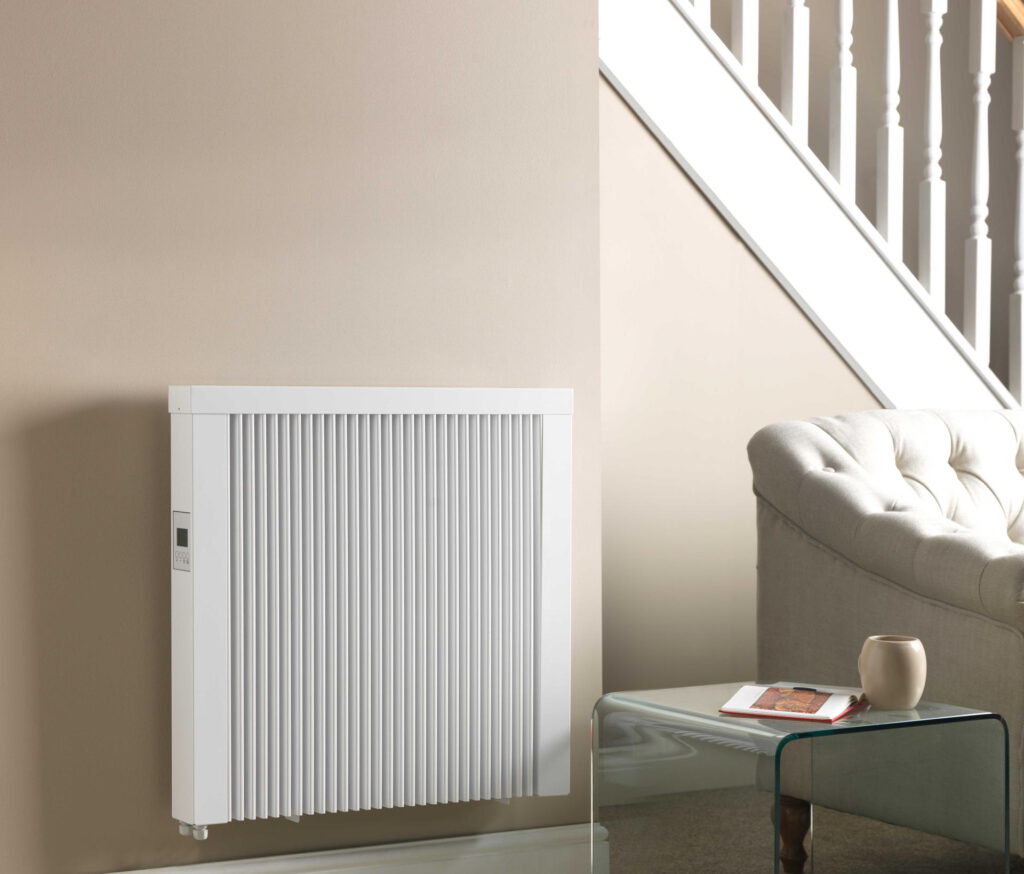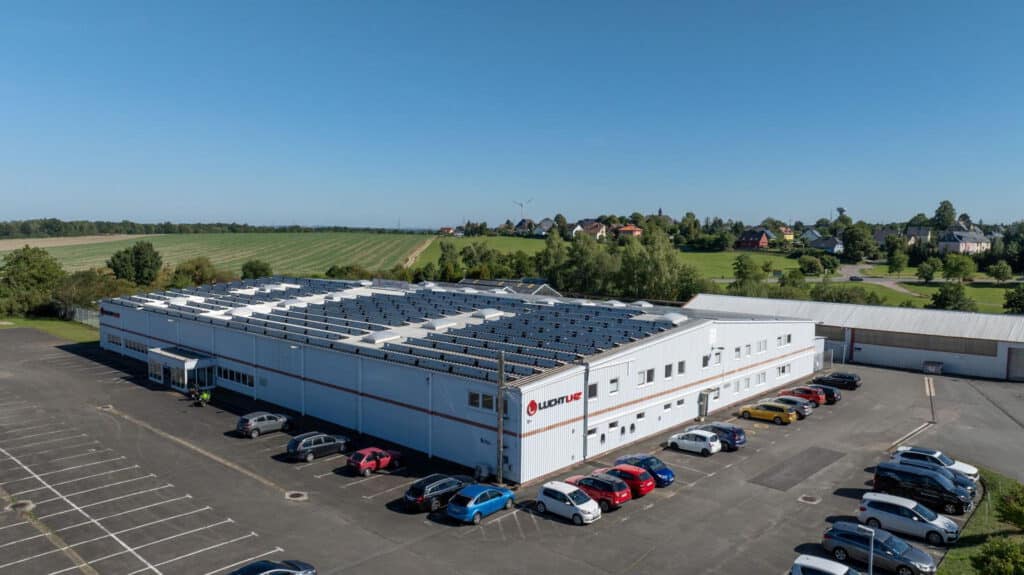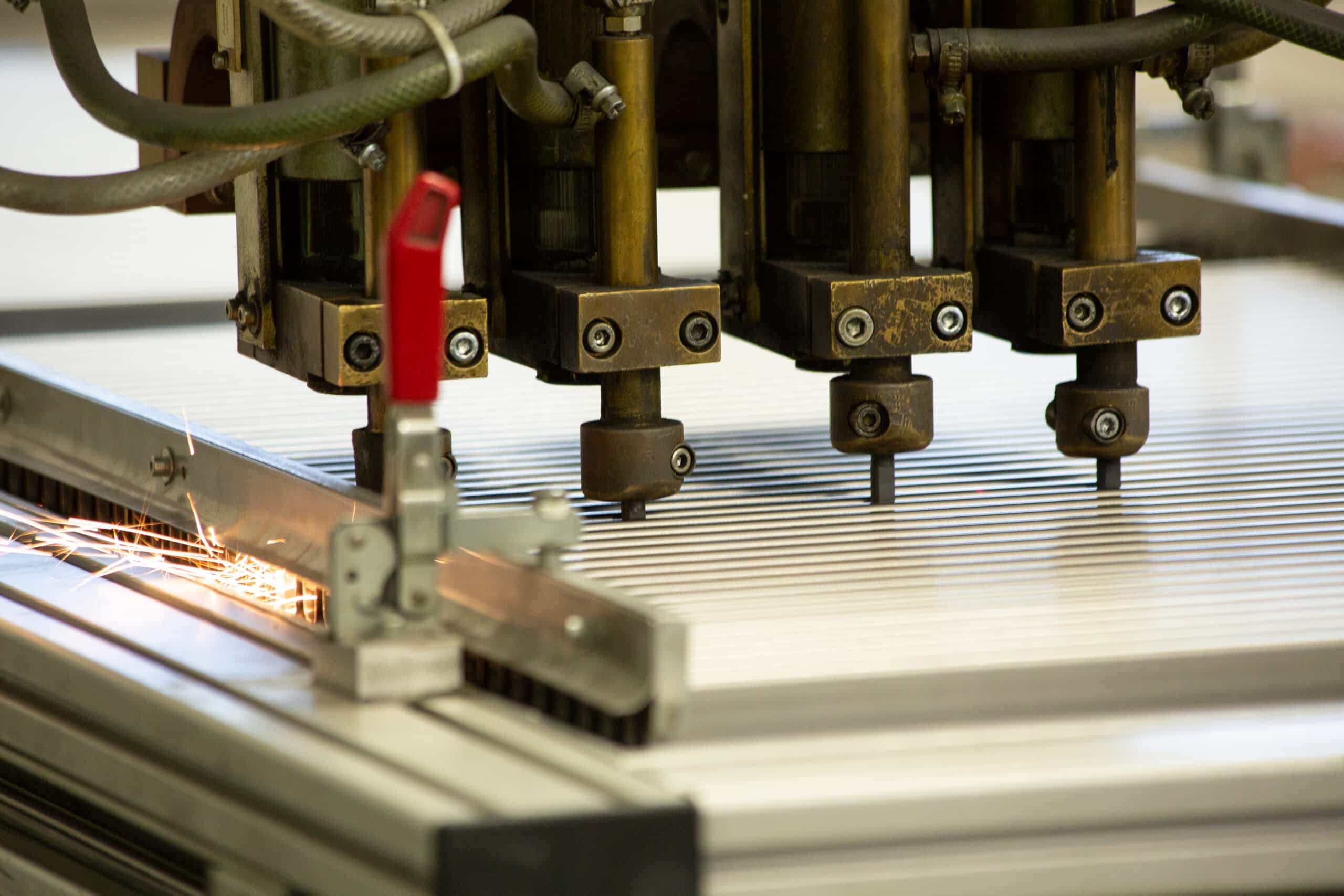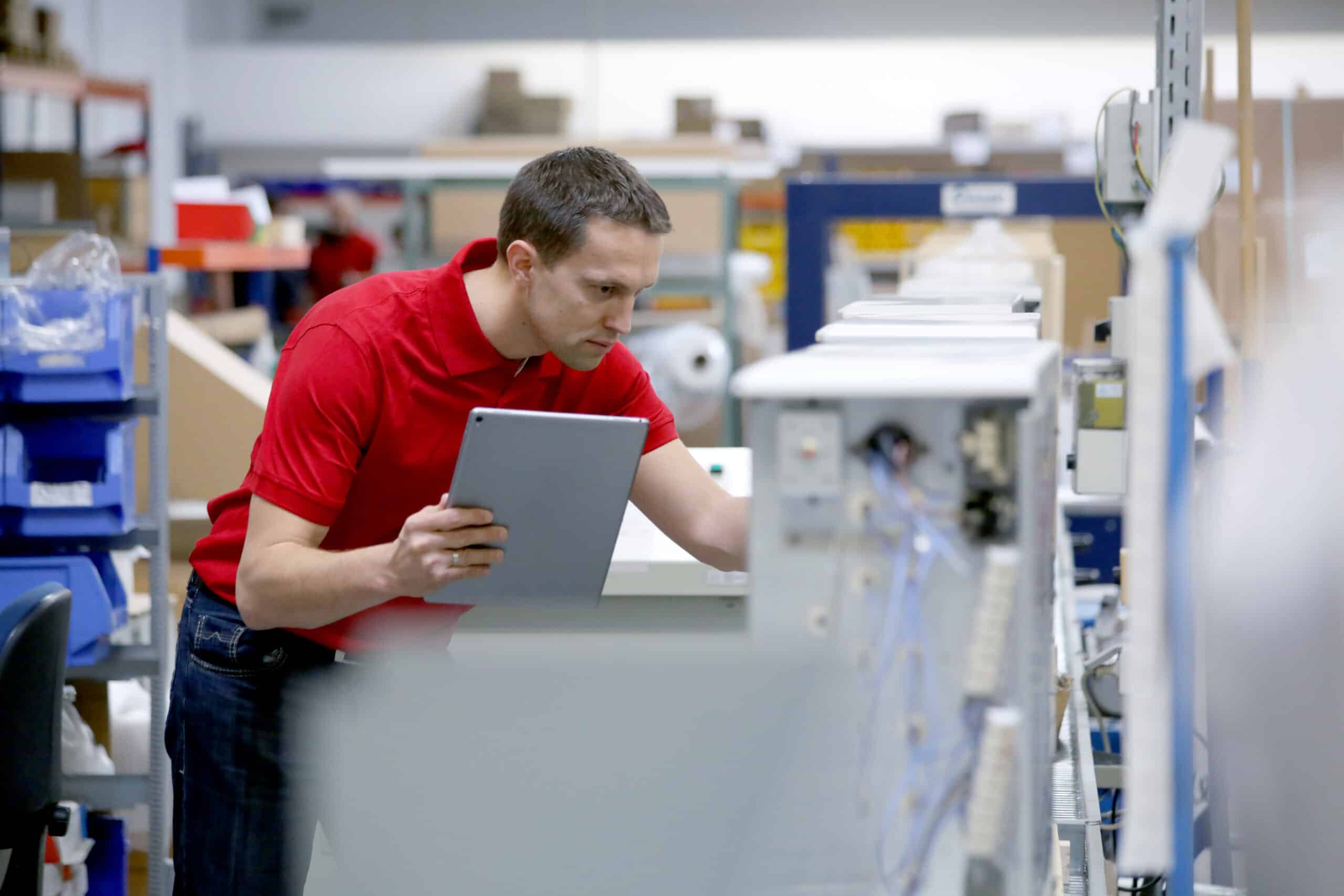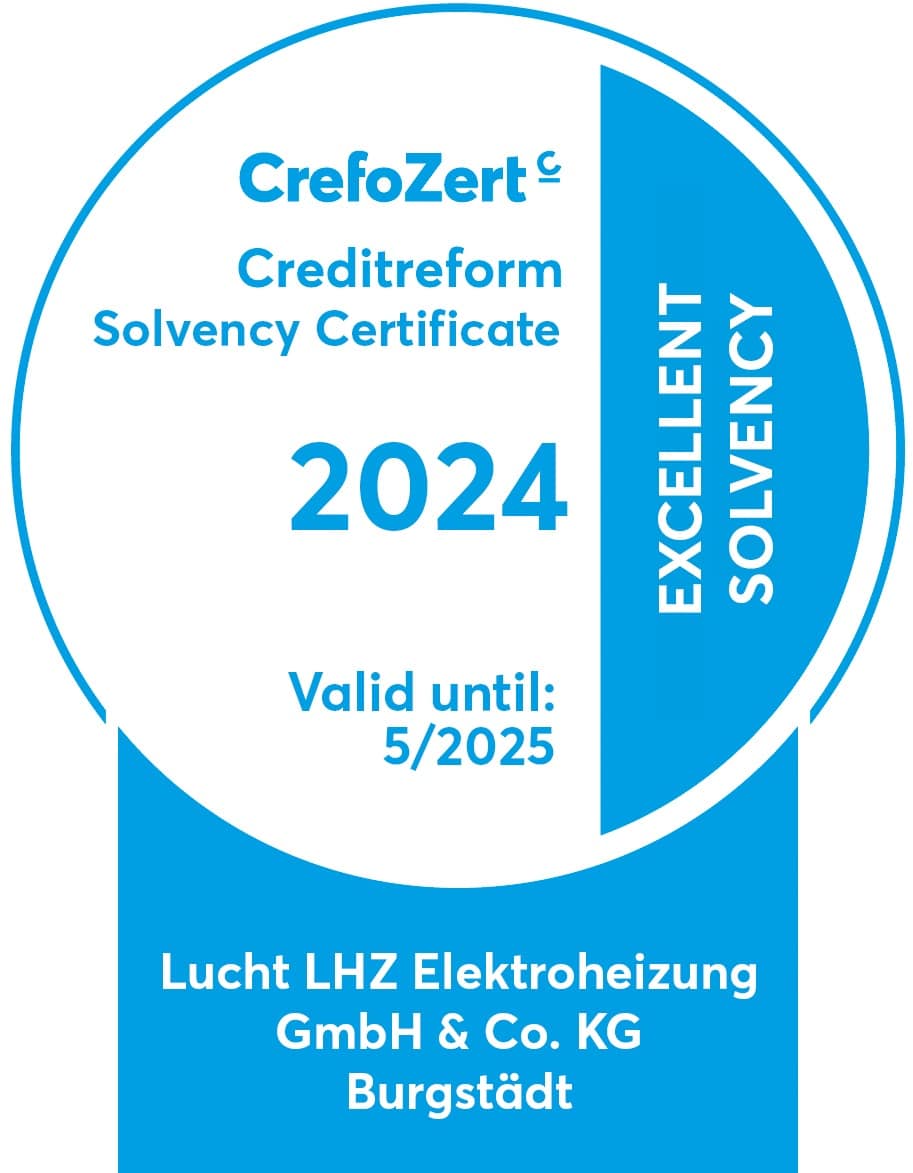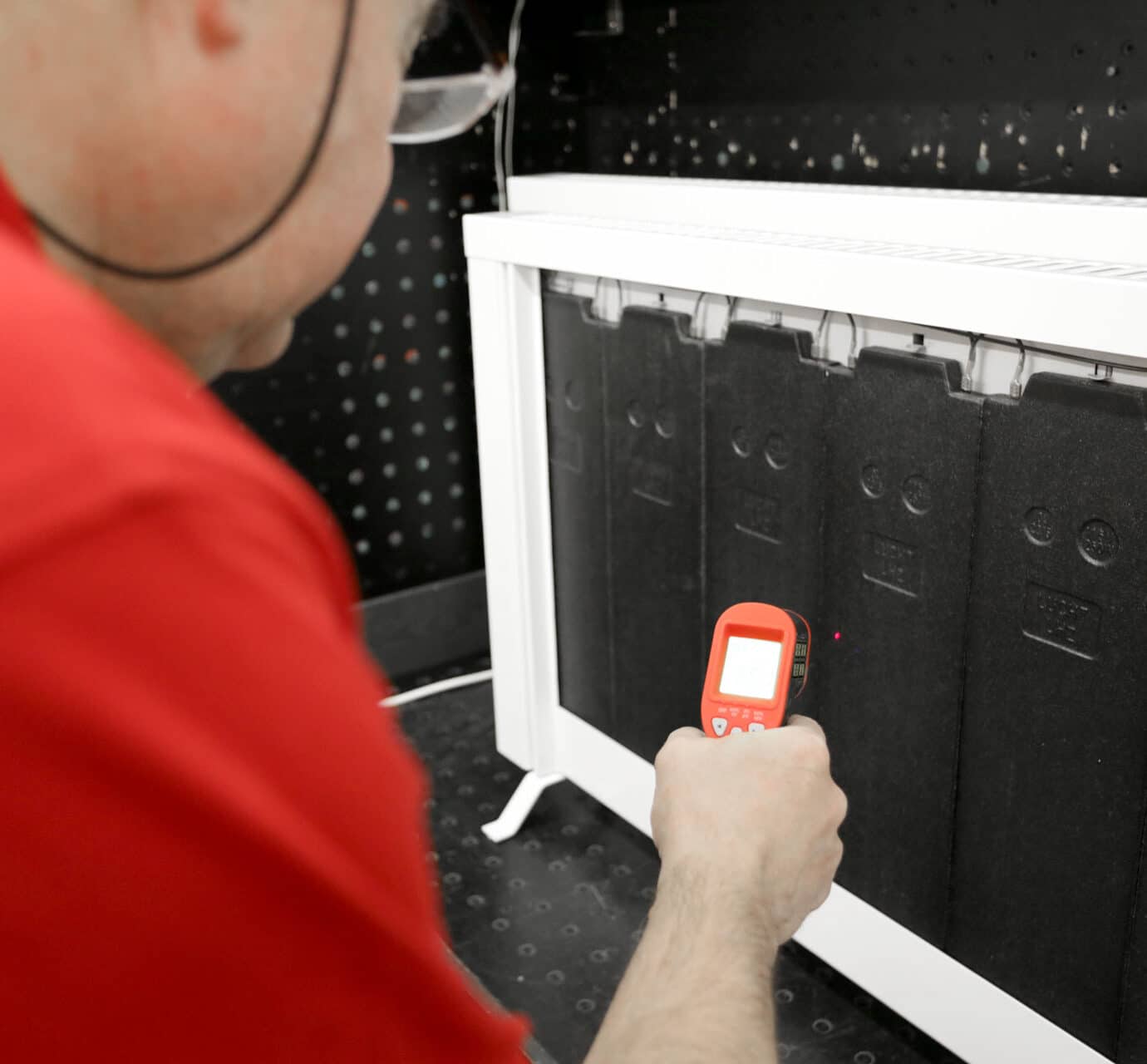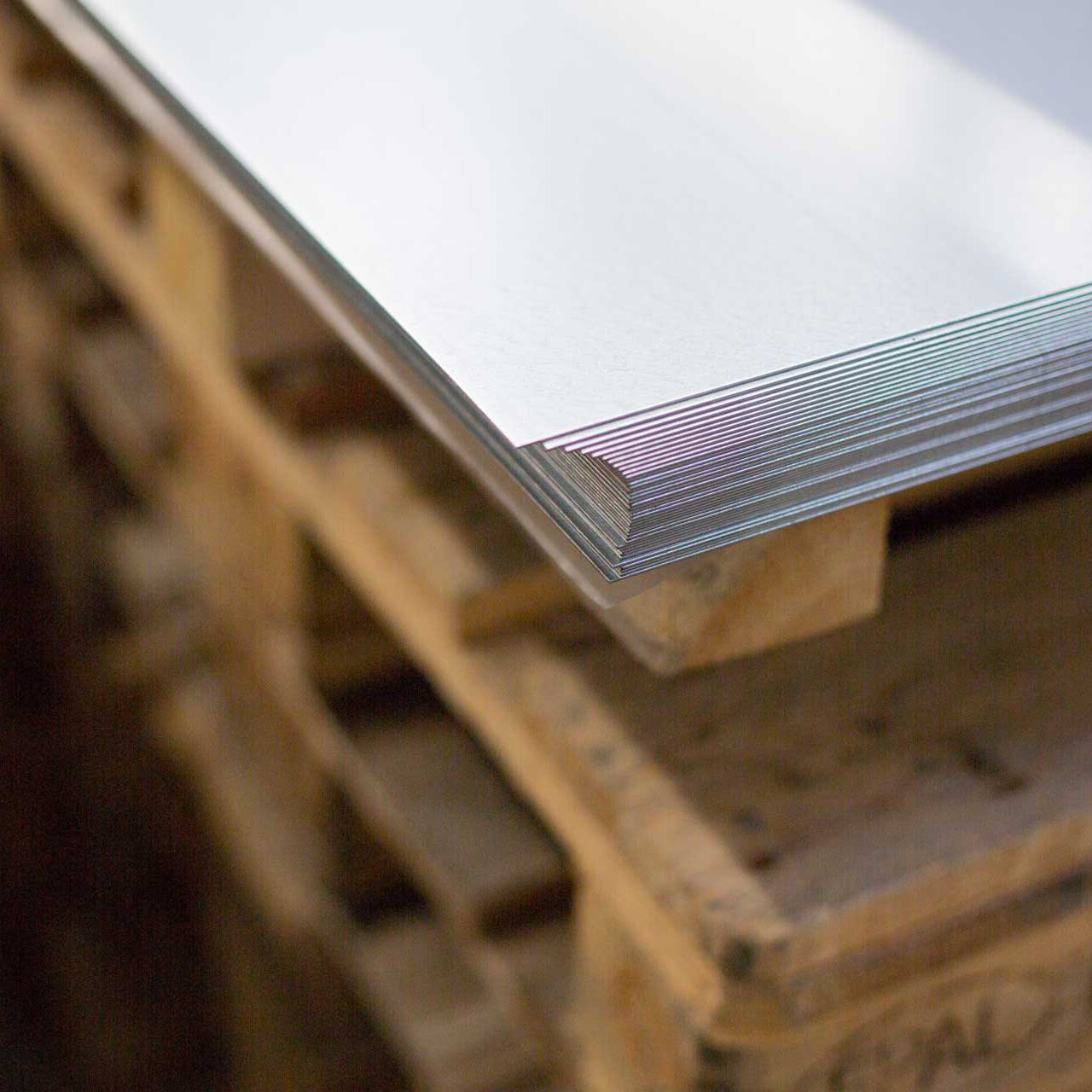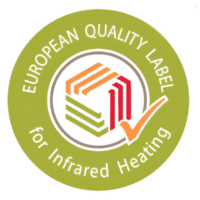For decades electrical space heating equipment has proven its worth in many areas, application fields and countries across the world, even though the conditions vary greatly.
Lucht LHZ electric radiators fulfil the requirements of the standards e.g. the Ecodesign Directive that has already been the reason for the elimination of light bulbs. This may make sense from a general strategy perspective, although this could be debated in some cases. At least it is a driver for the economy, and also acceptable for research & development.
The E-mobility strategy is also a driver for the economy. Climate protection thanks to clean power produced centrally in a few power plants and decentrally from many renewable energy sources that is supplied to the charging stations. This is where it is charged in batteries to supply the electrical motor of the vehicle.
Electrical heating technology has been pursuing a similar strategy for decades, however there are still many different ways to examine and approach the issue. From a purely physical point of view, the energy-related efficiency of electrical heaters is excellent, whilst the exegetic efficiency is poor.
Once heat has been use by humans, it escapes into the environment. But what happens with oil heating systems? As soon as the heat is discharged into radiators, the same thing happens.
If you examine the overall balance through to the development of the material and oil sources, the production and/or smelting of the materials, the production of the materials and heating system parts, the installation and maintenance of the systems, and the transport costs and individual climate loads, it becomes apparent that the communicated benefits of an oil heating system are not always as clear as they might seem.
Of course, opinions are general, and the climate communication in particular is not free of regional prerequisites and the influence of lobbyists. The price of power varies greatly across the world as do the conditions for a heating system itself.
The fact is, it is very difficult to compare heating systems. The energy procurement costs are only one part of the equation. Lucht LHZ favours determining lifecycle costs, which is a recognised benchmark in many areas of the economy, in which all costs are analysed over a period of 20-25 years.
We are convinced that our Lucht LHZ electric radiators will compare favourably. Our partners and customers can decide freely at their own discretion about costs, climate protection and reason.
We support decision freedom today & tomorrow.
